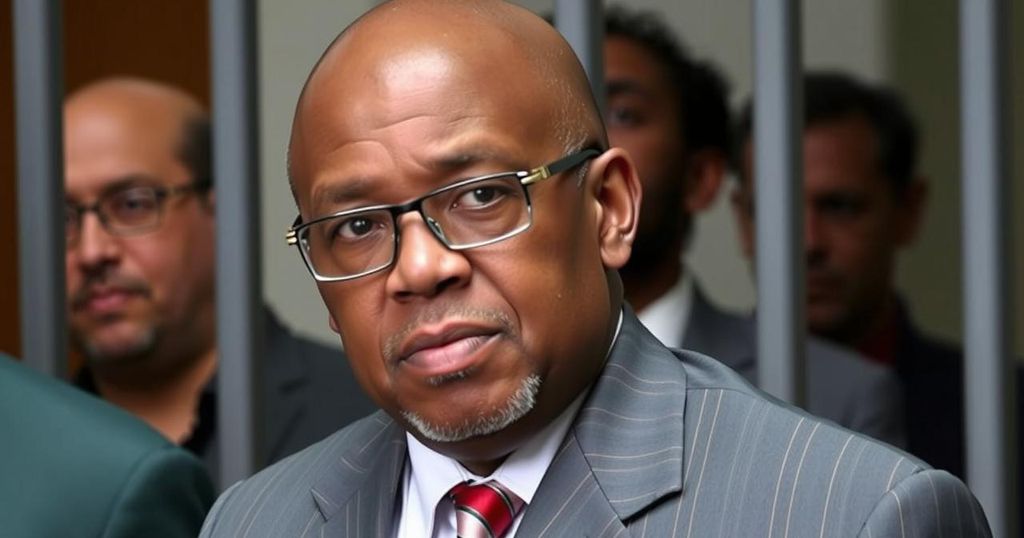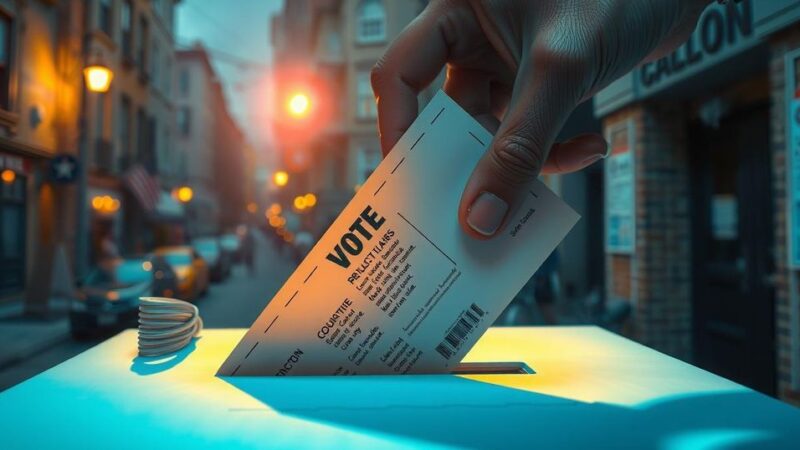Nicolas Sarkozy, former President of France, began his trial in Paris on charges of accepting illegal campaign financing from the Libyan government during his 2007 election. This trial, anticipated to last three months, poses serious legal challenges amid Sarkozy’s previous corruption sentencing, marking a significant moment in the scrutiny of political financing.
On Monday, former French President Nicolas Sarkozy commenced his trial in Paris over allegations that his 2007 presidential campaign unlawfully accepted funding from the Libyan regime led by Colonel Muammar el-Qaddafi. This trial is projected to extend over a period of three months and marks a significant legal challenge for Mr. Sarkozy, who governed France from 2007 to 2012. His legal troubles have escalated recently, as he has already been sentenced in a separate corruption case, making him the first ex-president in France to face imprisonment, albeit under house arrest with an electronic monitoring device.
This trial is one of numerous legal issues that have confronted Mr. Sarkozy following his presidential tenure. The accusations regarding the Libyan funds are particularly consequential and damaging to his reputation, highlighting serious concerns regarding political integrity and campaign financing in France. Following a lack of success in appealing his previous sentence, Mr. Sarkozy’s trial represents a critical juncture in his ongoing legal battles, illustrating the persistent scrutiny faced by former heads of state in France regarding their conduct while in office.
Nicolas Sarkozy served as the President of France from 2007 until 2012 and has been embroiled in various legal disputes since leaving office. The current proceedings relate to claims that he received illicit financing from Libya for his successful campaign in 2007. This allegation suggests a potential breach of campaign finance laws and raises questions about the ethical standards in political fundraising practices. The legal landscape surrounding former politicians in France can often be complex, with cases ranging from corruption to influence peddling, underscoring ongoing issues of accountability in government.
The trial of Nicolas Sarkozy represents a pivotal moment in French legal history, particularly in how former leaders are held accountable for their actions during and after their term in office. As the proceedings unfold over the three-month duration, the implications of these allegations could have lasting repercussions for political culture in France. This case not only highlights the challenges faced by Sarkozy but also raises broader discussions about the transparency and legality of campaign funding practices around the globe.
Original Source: www.nytimes.com






